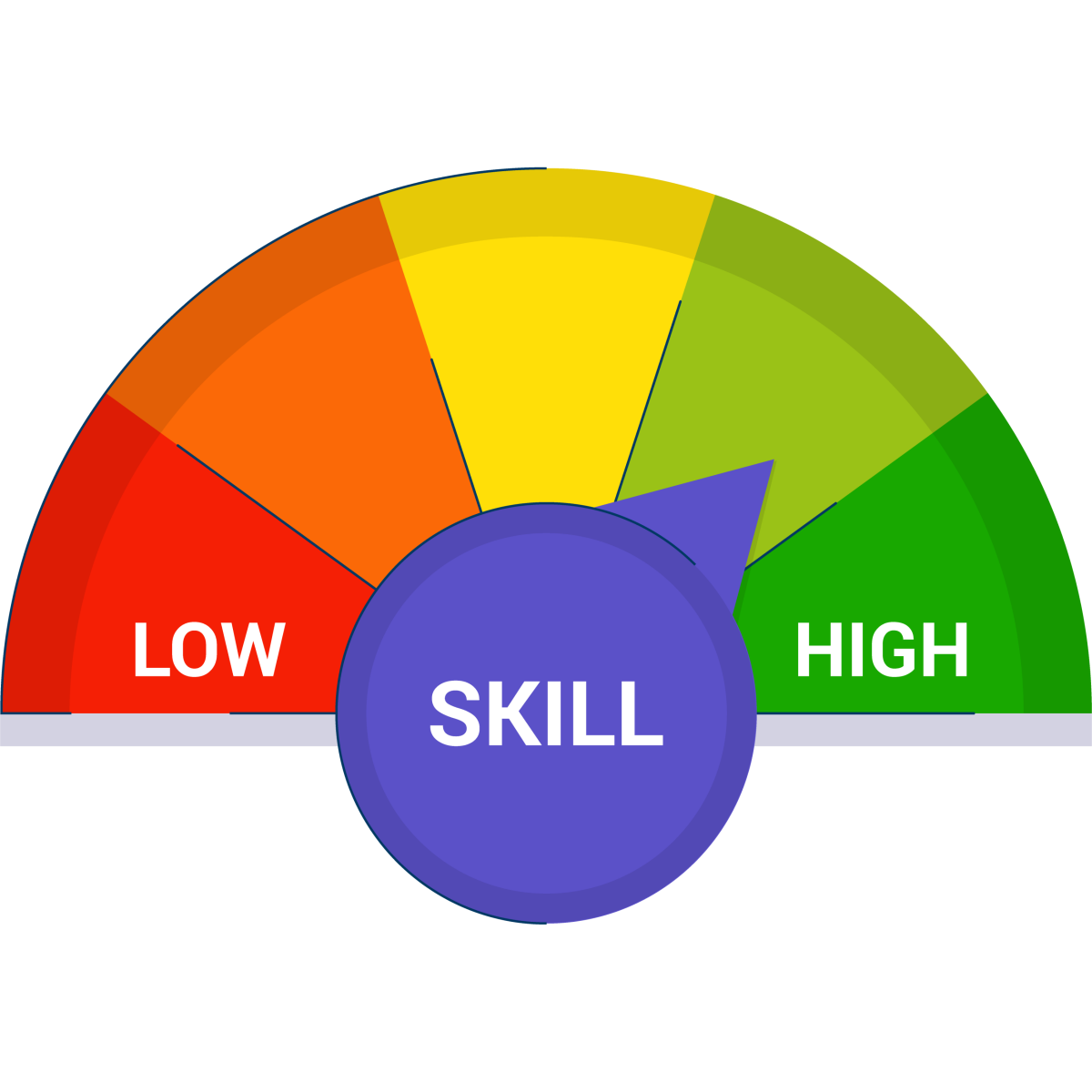In navigating your way to your future career, discover, explore, and engage with our tools and programmes designed to guide you in making future career decisions.

People form instinctive impressions of you within the first few seconds of seeing you. Make a memorable first impression by showcasing confidence, warmth, and professionalism. Offer a firm handshake, maintain eye contact, and smile genuinely. Dress appropriately and arrive punctually. Engage in active listening and ask insightful questions. Show enthusiasm and express gratitude. Follow up with a personalised thank-you note to solidify the impression.
Prepare thoroughly by researching the company and the position applied. Practice common interview questions. Explore free apps that allow you to practise how to answer questions and give inputs on how to improve your response. Dress appropriately and arrive early. Maintain good body language and eye contact. Listen attentively and speak clearly. Highlight relevant skills and experiences confidently. Ask insightful questions about the position and company culture. Follow up with a thank you email.


Cultivate social skills early on. You can forge connections outside classroom by joining activities organised by your residential college or societies around campus. Improve your listening and responding skills by conversing with peers and lecturers. Attend networking events and engage in professional development opportunities organised by GECC or your faculty. Participate in diverse social situations in different contexts as this will help you to build confidence.
Dress for success. Be aware of adapting your dressing to different situations. Know the definition of Business Casual, Business Professional and Business Formal. Business Casual should be adequate for most interviews and office settings. Guys can opt for slacks, trousers, collared shirts and button-down shirts, while girls can choose baju kurung, pencil skirt, slacks and blouses. Wear covered shoes. Choose well-fitted, conservative clothing in neutral colours. Avoid black and extra bright colours. Pay attention to grooming and accessories. You should be comfortable in the attire that you wear as poorly fitted clothes can affect your demeanour. Err on the conservative side if you are unsure of the office culture.

.png)
A digital footprint is data that you create through your actions online e.g. by posting or commenting on social media. Although difficult to erase, you can take action to minimize the negative repercussions. Delete posts or photos that are publicly available that no longer represent you. Change your privacy settings on your social media. Unfollow or unsubscribe from groups or posts that you no longer want to be associated with. Finally, untag yourself from other’s posts or ask them to remove the content.
A strong digital presence is vital to attract employers and to establish networking opportunities. Optimise your social media profiles with consistent branding and choosing career platform such as LinkedIn. After you set your goals, create engaging content regularly. Interact with your connections consistently to build a community. Participate in relevant online discussions in a professional manner. Monitor analytics to refine strategies and stay updated on digital trends.


You may encounter professional abbreviations such as Ir, Ar, Ts, Sr, Gs, etc. on business and employment-based social media. The career in your study area or interest may lead to professional registration with a statutory body, which will then allow you to use the designation. Explore student membership with relevant professional bodies while studying in UM. The membership may be free or for a nominal sum. Student membership exposes you to the profession early on, helps you to immerse in the professional environment and will be a valuable addition to your resume.

When crafting your resume, it’s essential to develop a resume that efficiently presents your skills, experience and achievements, whilst presenting a good first impression to the recruiter. Here are some tips to aid you in formulating your resume;
Don’t forget to tailor your resumes according to each job application. Identify your relevant skills and experiences and craft your resume by highlighting your strengths according to the job descriptions. Customising your summary enhances your chances of capturing the employer’s attention and showcasing your genuine interest in the role.
Last but not the least, use keywords from the job description to ensure your resume gets past applicant tracking systems (ATS) and into the hands of human recruiters.
Last Update: 02/05/2024